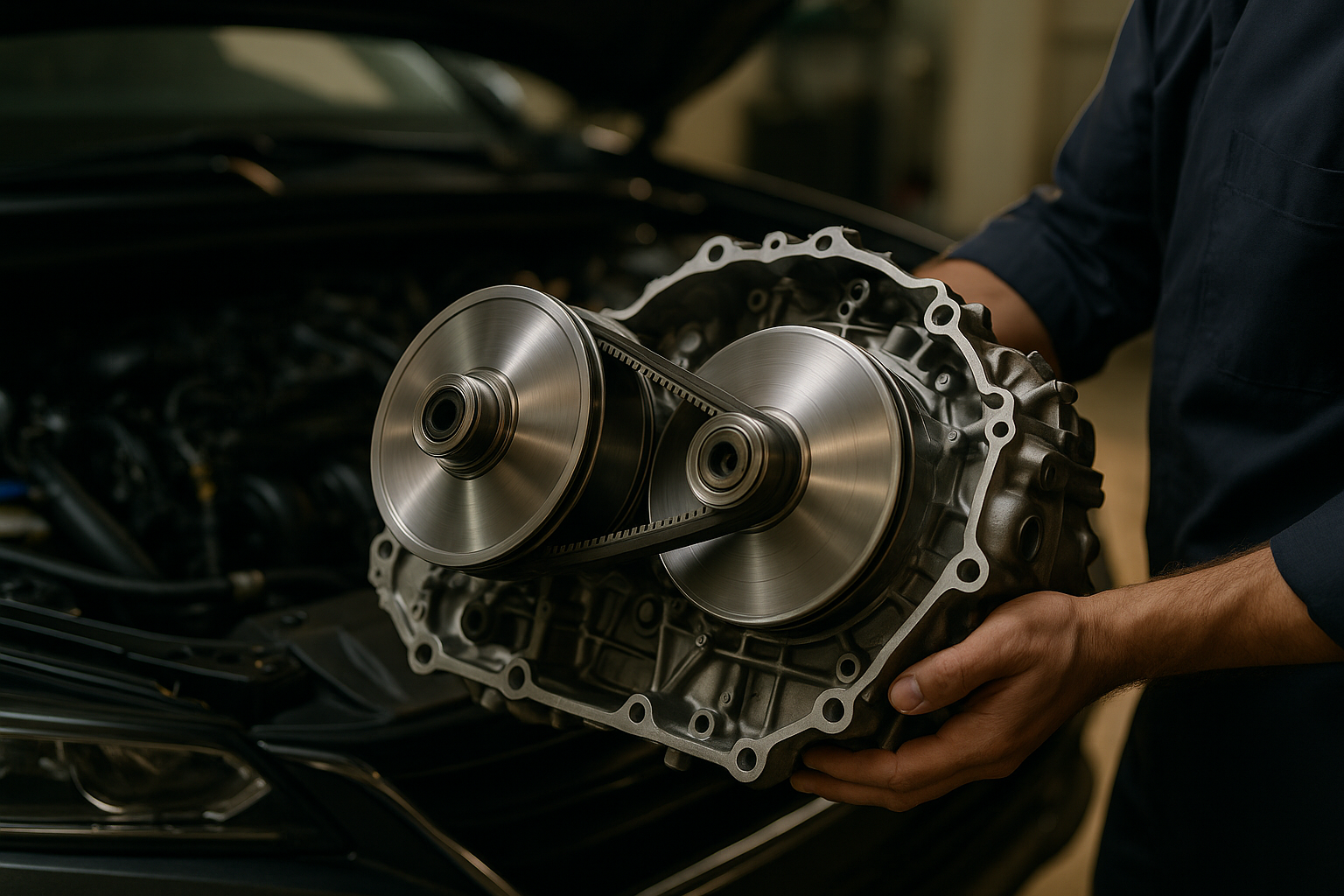What to Know About Purchasing Used Engines
Choosing a used engine involves checking its condition, technical specifications, and maintenance history. This article outlines key factors to keep in mind when sourcing used engines, including marine engines, to help support thoughtful and well-informed decisions.

Why should you consider a used engine?
Used engines offer several advantages for budget-conscious vehicle owners. Firstly, they’re significantly less expensive than new engines, often costing 50% to 70% less. This can be a game-changer for those facing major engine repairs or replacements. Additionally, used engines can extend the life of an otherwise well-maintained vehicle, saving you from the considerable expense of purchasing a new car. They’re also an environmentally friendly option, as reusing engines reduces waste and the demand for new manufacturing.
What are the key factors to consider before purchase?
Before diving into the used engine market, it’s crucial to consider several factors. First, verify the compatibility of the engine with your vehicle’s make, model, and year. Engine codes and specifications must match to ensure proper fit and function. Next, investigate the engine’s mileage and overall condition. Lower mileage engines generally have more life left, but this isn’t always the case – maintenance history is equally important. Additionally, consider the warranty offered by the seller, as this can provide valuable protection against potential issues.
How can you ensure you’re getting a quality used engine?
Ensuring the quality of a used engine requires diligence. Start by requesting detailed information about the engine’s history, including its origin (e.g., salvage yard, rebuilt, or remanufactured) and any available maintenance records. If possible, visually inspect the engine for signs of damage, excessive wear, or poor maintenance. Look for leaks, corrosion, or damaged components. It’s also wise to ask for compression test results, which can indicate the engine’s internal condition. Lastly, consider purchasing from reputable sellers who offer warranties and have positive customer reviews.
What documentation should you expect with a used engine?
When purchasing a used engine, proper documentation is crucial. You should receive a detailed invoice that includes the engine’s specifications, VIN (Vehicle Identification Number), and mileage at the time of removal. If the engine has been rebuilt or remanufactured, ask for documentation of the work performed. A warranty certificate, if applicable, should clearly state the terms and coverage period. Some sellers may also provide a vehicle history report for the car the engine came from, offering insights into its past use and maintenance.
What are the installation considerations for used engines?
Installing a used engine is a complex process that requires expertise. Unless you’re a skilled mechanic, it’s advisable to have the installation done by a professional. Consider the additional costs associated with installation, including any necessary parts like gaskets, seals, or timing belts that may need replacement. It’s also important to factor in the time required for installation, which can vary depending on the vehicle and engine complexity. Some sellers offer installation services or can recommend trusted mechanics, which can streamline the process.
How do prices and quality vary among used engine providers?
The used engine market offers a range of options, from local salvage yards to online marketplaces and specialized engine retailers. Prices and quality can vary significantly based on the provider, engine condition, and included services. Here’s a comparison of some common options:
| Provider Type | Average Price Range | Quality Assurance | Warranty |
|---|---|---|---|
| Local Salvage Yard | $300 - $1,500 | Limited testing | 30-90 days |
| Online Marketplace | $500 - $3,000 | Varies by seller | 90 days - 1 year |
| Specialized Retailer | $1,000 - $4,000 | Thorough testing | 1-3 years |
| Dealership | $2,000 - $5,000+ | OEM standards | Up to 3 years |
Prices, rates, or cost estimates mentioned in this article are based on the latest available information but may change over time. Independent research is advised before making financial decisions.
In conclusion, purchasing a used engine can be a smart financial decision when approached with careful consideration and research. By understanding the key factors involved, ensuring proper documentation, and choosing a reputable provider, you can successfully extend the life of your vehicle without breaking the bank. Remember to weigh the costs of the engine and installation against the value and expected lifespan of your vehicle to determine if a used engine is the right choice for your situation.




